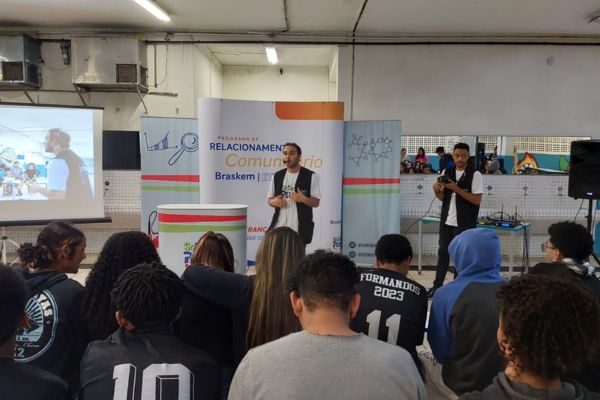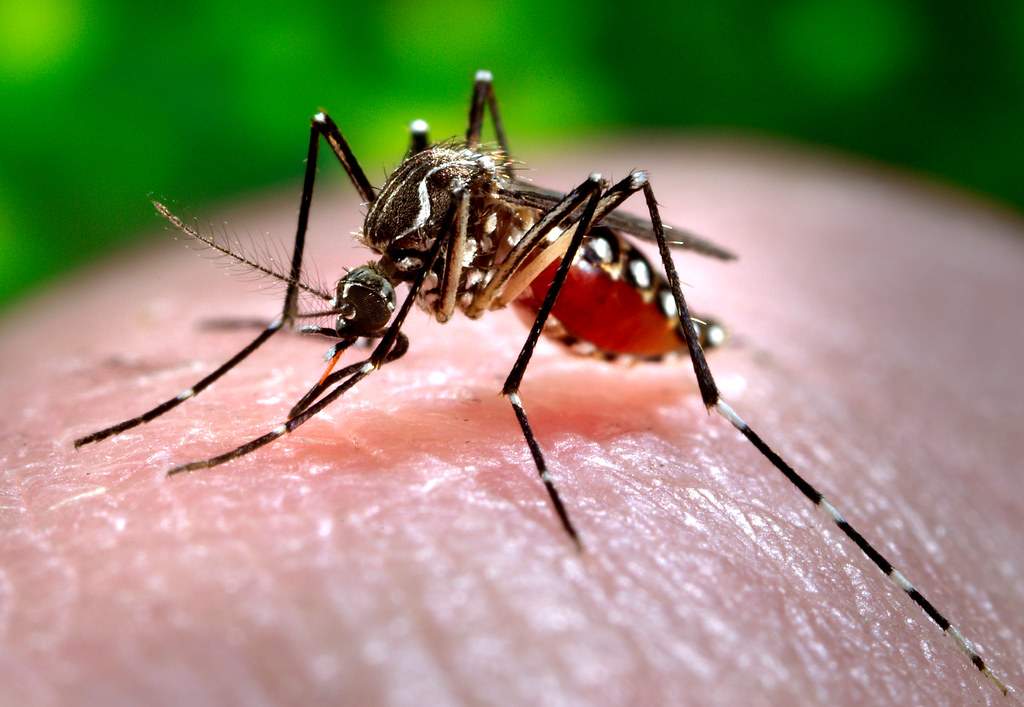Researchers have discovered, for the first time, the global genotype of serotype 2 dengue virus in Brazil. The breed, which is the most widespread in the world and found in Asia, the Middle East and Africa, has never been found on the Brazilian territory. The genotype was determined in Aparecida de Goiânia (GO).
The information was published today (5) on the portal of the Oswaldo Cruz Foundation (Fiocruz). The dengue genotype detection was led by the Instituto Oswaldo Cruz (IOC/Fiocruz) in partnership with the Central Public Health Laboratory of Goiás (Lacen-GO) and was conducted in February from a sample of a dengue case as of the end of November. last year.
According to Fuecruz, for researchers, the arrival of this strain in Brazil is a cause for concern, because there is a possibility that it will spread more efficiently than the Asian-American strain, also known as genotype 3 from serotype 2, which is currently spreading in the country.
However, the strain, according to the team, is not responsible for the outbreak of dengue fever in Goiás and everything indicates that it was quickly identified, which could help control this strain.
source
This discovery represents the second official record of this genotype in the Americas, after the outbreak in Peru in 2019. Analyzes conducted in Brazil showed that the strain found was similar to two microorganisms isolated during the outbreak recorded in Madre de Dios Province. , Peru.
However, it is still not possible to say that the universal genotype was introduced into Brazil from the neighboring country. It is suspected that it arrived from Asia via a transcontinental flight.
According to Vucruz, the municipal and state health departments and the Ministry of Health have been notified. The researchers published a paper on the medRxiv preprint platform.
The researchers note that a key measure to contain the spread of dengue is eliminating stagnant water deposits, which can become a breeding ground for the Aedes aegypti mosquito that transmits the disease.
In addition to dengue control measures, researchers stress the importance of intensifying genetic surveillance of the disease to map the potential global circulation of the strain and better understand the routes of introduction of the virus into the country.
control
Global dengue virus genotype was determined by the Real-Time Arbovirus Genomic Monitoring Project, led by the IOC/Fiocruz Flavivirus Laboratory. In the initiative, researchers travel to Central State Public Health Laboratories (Lacens) and decode the genome using portable genetic sequencing equipment.
Since 2020, the work also includes genomic monitoring of Sars-CoV-2, which causes covid-19, receiving the name VigECoV-2.
The project is in collaboration with the Department of Health – through the General Coordination of Arboviruses (CGArb) and Public Health Laboratories (CGLab) – the Pan American Health Organization (PAHO), the Centers for Disease Control and Prevention (CDC) and the National Institutes of Health (NIH), both in the US .
source: Brazil Agency

“Hardcore beer fanatic. Falls down a lot. Professional coffee fan. Music ninja.”







More Stories
The Call with EU program will support research in materials science and engineering
Braskem and Ciência em Show bring knowledge and fun to the community
25% of cases of sarcomas, which are rare types of cancer, are incorrectly diagnosed